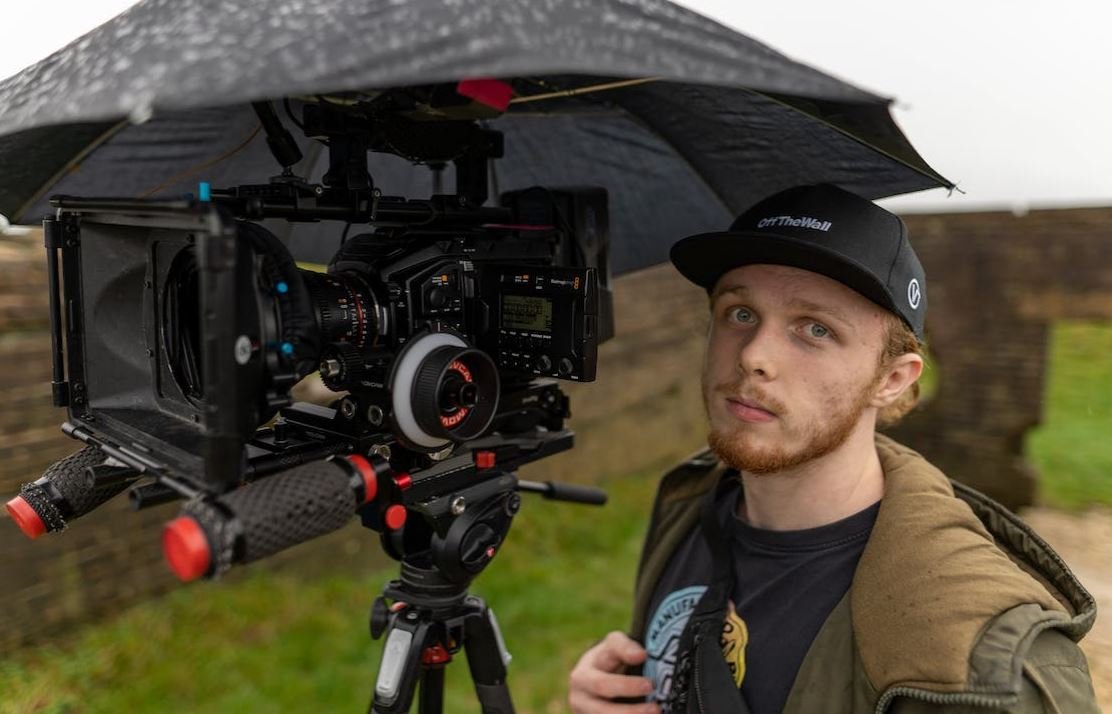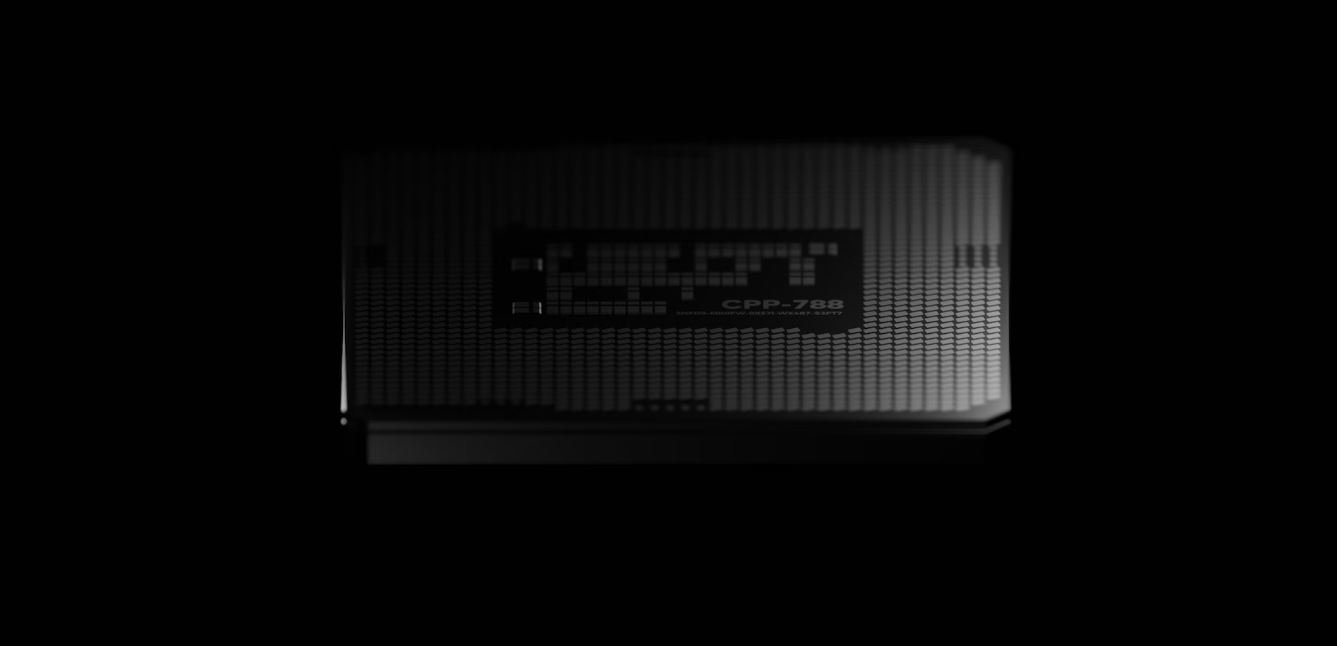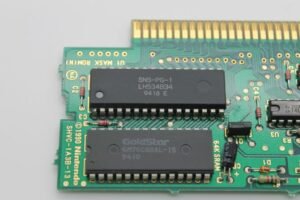Music Producer vs. Engineer
When it comes to the production of music, there are two important roles that often work together to create the final product: the music producer and the engineer. While these roles can sometimes overlap, they each have distinct responsibilities and skills that contribute to the overall quality of a song or album.
Key Takeaways:
- Music producers are responsible for the creative aspects of a song, such as composition, arrangement, and performance.
- Engineers are technical experts who handle the recording, mixing, and mastering processes of music production.
- Collaboration between a music producer and an engineer is crucial for achieving the desired sound and vision of a project.
Understanding the Roles
A music producer is primarily involved in the creative aspects of music production. They work closely with artists to develop the overall sound and style of a song or album. Producers are often responsible for selecting the right musicians, guiding the recording process, and ensuring that the final product meets their artistic vision. This role requires a strong understanding of music theory, composition, and arrangement.
On the other hand, an engineer is a technical expert who handles the recording, mixing, and mastering processes. They are responsible for capturing the sound during recording sessions, ensuring optimal audio quality, and balancing the various elements of a song during the mixing stage. Engineers work with different audio equipment and software to manipulate and enhance the sound, creating a polished and professional final product.
*Music producers focus on the creative aspects of music production, while engineers handle the technical aspects.
Collaboration and Workflow
Collaboration between a music producer and an engineer is crucial for achieving the desired sound and vision of a project. These professionals often work closely together, sharing ideas and making decisions that influence the final outcome. Producers communicate their creative vision to the engineer, who translates it into technical settings and adjustments.
Throughout the production process, a producer may provide direction and feedback to the engineer regarding the sound, arrangement, and overall quality of the tracks. Engineers, in turn, utilize their technical knowledge and expertise to ensure the recorded tracks are accurately captured and well-mixed. This collaboration between producer and engineer allows for a seamless workflow, leading to a cohesive and well-produced music piece.
*Collaboration between music producers and engineers is essential for a successful music production process.
Specializations and Skills
Both music producers and engineers can specialize in various genres or aspects of music production. Some producers may have expertise in arranging orchestral compositions, while others may excel in electronic music production. Similarly, engineers can specialize in mixing rock music or working with live recordings. The specialization ultimately depends on their individual interests, experiences, and areas of expertise.
| Music Producer | Engineer |
|---|---|
| Composition and arrangement | Recording and mixing |
| Songwriting guidance | Mastering and post-production |
| Artistic direction | Technical settings and adjustments |
Career Paths and Education
Music producers and engineers can pursue various career paths within the music industry. Some producers choose to work independently, collaborating with artists on a freelance basis. Others may work for record labels or production studios, where they have access to a wide range of resources and artists. Similarly, engineers can work in recording studios, live sound, broadcast, or even film and television production.
*There are diverse career paths available for both music producers and engineers within the music industry.
Education and training are important for individuals interested in pursuing a career as a music producer or engineer. While there is no strict educational requirement, many professionals in these fields hold degrees or certifications in music production, audio engineering, or related disciplines. Hands-on experience and an understanding of industry-standard equipment and software platforms are also crucial for success in these roles.
Income and Job Outlook
Income for music producers and engineers can vary widely depending on experience, reputation, and the specific project or client they work with. Generally, music producers earn income through upfront fees, royalties, and publishing rights, while engineers may be compensated on a per-hour or per-project basis. According to the U.S. Bureau of Labor Statistics, the employment of music directors and composers (including music producers) is projected to grow 3 percent from 2020 to 2030. However, job prospects for engineers may vary depending on factors such as location and industry demand.
| Income Range (Approx.) | Job Outlook |
|---|---|
| $25,000 – $150,000+ | 3% projected growth for music directors and composers* |
| Varies based on experience and demand | Varies based on location and industry |
Ultimately, music producers and engineers are integral parts of the music production process, each contributing their own expertise to create a high-quality end product. While their roles may differ, collaboration and effective communication between the two are key to producing music that resonates with listeners and stands the test of time.

Common Misconceptions
Music Producer vs. Engineer
There are often misunderstandings about the roles and responsibilities of a music producer versus an engineer. While the two professions are closely related, they have distinct differences that are important to understand.
- A music producer mainly focuses on the creative and artistic aspects of a recording. They collaborate with the artist to shape the sound and direction of the music.
- An engineer, on the other hand, is responsible for the technical aspects of the recording process. They are skilled in operating the equipment and software used in the studio.
- Sometimes a music producer can also act as an engineer, but not all engineers are music producers.
The Importance of a Music Producer
Another common misconception is that a music producer is not necessary and that an engineer can handle all aspects of the recording process. However, a music producer brings a unique set of skills that can greatly enhance the quality and success of a song or album.
- A music producer can provide valuable guidance and input during the creative process, helping to shape the song’s structure, arrangement, and overall sound.
- They often have a deep understanding of the market and audience, which can assist in making strategic decisions regarding the commercial viability of a project.
- A skilled music producer can bring out the best performances from the artists, ensuring that the final product is engaging and emotionally impactful.
The Role of an Engineer
Contrary to popular belief, an engineer is much more than just someone who presses buttons and adjusts levels in the studio. They play a crucial role in the recording process and possess a broad skill set.
- An engineer is responsible for capturing and preserving the sound quality during the recording, mixing, and mastering stages.
- They are skilled in microphone placement, sound processing, and understanding acoustics, which are essential for capturing the best possible audio.
- Engineers often work closely with the artists and music producers to ensure that the technical aspects align with the creative vision.
Symbiotic Relationship
It’s important to recognize that the roles of a music producer and an engineer are not mutually exclusive. In fact, they often work together in a collaborative and symbiotic relationship to achieve the best possible outcome.
- The music producer and engineer collaborate to turn the artist’s vision into a reality by merging creative ideas with technical expertise.
- Both professionals bring unique perspectives to the recording process, with the producer focusing more on the creative side and the engineer on the technical side.
- While their individual roles may differ, their ultimate goal is the same: to produce a high-quality recording that resonates with the audience.

Introduction:
The music industry is powered by a collaboration between music producers and engineers who play critical roles in the creation and production of music. While the producer oversees the artistic direction and overall sound of a recording, the engineer focuses on capturing and enhancing the audio quality. In this article, we explore various factors that differentiate these two professions, including their income, work environment, and skill requirements.
Table 1: Income Comparison
| | Average Annual Income |
|—————— |————————- |
| Music Producers | $70,000 – $100,000 |
| Audio Engineers | $50,000 – $80,000 |
Table 2: Educational Background
| | Education Required |
|—————— |————————- |
| Music Producers | No formal education |
| | requirement, but a deep |
| | understanding of music |
| | theory and production |
| | techniques is essential. |
| Audio Engineers | Bachelor’s degree in |
| | audio engineering or a |
| | related field. |
Table 3: Skills and Abilities
| | Music Producers |
|—————— |————————- |
| Key Skills | Creativity, |
| | leadership, |
| | interpersonal skills, |
| | music production |
| | techniques |
|—————— |————————- |
| | Audio Engineers |
|—————— |————————- |
| Key Skills | Technical expertise in |
| | audio equipment, |
| | critical listening, |
| | attention to detail, |
| | problem-solving |
Table 4: Work Environment
| | Music Producers |
|—————— |————————- |
| Typical Setting | Recording studios, |
| | home studios, |
| | creative spaces, |
| | live venues |
|—————— |————————- |
| | Audio Engineers |
|—————— |————————- |
| Typical Setting | Recording studios, |
| | live venues, |
| | post-production houses, |
| | broadcast studios |
Table 5: Responsibilities
| | Music Producers |
|—————— |————————- |
| Key Responsibilities | Songwriting support, |
| | artist development, |
| | concept creation, |
| | selecting session |
| | musicians |
|—————— |————————- |
| | Audio Engineers |
|—————— |————————- |
| Key Responsibilities | Recording sessions, |
| | editing and mixing |
| | tracks, equipment |
| | maintenance |
Table 6: Job Outlook
| | Music Producers |
|—————— |————————- |
| Job Outlook | Highly competitive |
| | with limited openings |
| | for newcomers. |
| | Demand influenced by |
| | industry trends and |
| | personal contacts. |
|—————— |————————- |
| | Audio Engineers |
|—————— |————————- |
| Job Outlook | Steady demand for audio |
| | engineers across various |
| | industries such as |
| | music, film, and gaming. |
Table 7: Noteworthy Producers
| Producer Name | Genres Worked | Notable Artists/Albums |
|——————|————————–|————————–|
| Quincy Jones | Various (Jazz, Pop, R&B) | Michael Jackson – Thriller,|
| | | Frank Sinatra – “It Was|
| | | a Very Good Year” |
|——————|————————–|————————–|
| Rick Rubin | Rock, Hip-Hop | Red Hot Chili Peppers – |
| | | “Californication,” Beastie|
| | | Boys – “Licensed to Ill” |
|——————|————————–|————————–|
| Max Martin | Pop, R&B | Britney Spears – “Toxic,” |
| | | The Weeknd – “Can’t Feel |
| | | My Face” |
Table 8: Noteworthy Engineers
| Engineer Name | Genres Worked | Notable Artists/Albums |
|——————|————————–|————————–|
| Geoff Emerick | Rock, Pop | The Beatles – “Sgt. |
| | | Pepper’s Lonely Hearts |
| | | Club Band,” Paul McCartney -|
| | | “Band on the Run” |
|——————|————————–|————————–|
| Sylvia Massy | Rock, Alternative | Tool – “Undertow,” System |
| | | of a Down – “Toxicity” |
|——————|————————–|————————–|
| Bob Ludwig | Various | Led Zeppelin – “Led |
| | | Zeppelin IV,” Nirvana – |
| | | “Nevermind” |
Table 9: Equipment Used
| | Music Producers |
|—————— |————————- |
| Equipment Used | Digital audio workstations,
| | MIDI controllers, |
| | music production |
| | software, instruments |
|—————— |————————- |
| | Audio Engineers |
|—————— |————————- |
| Equipment Used | Mixing consoles, |
| | microphones, audio |
| | interfaces, |
| | sound processors |
Table 10: Awards and Accolades
| | Music Producers |
|—————— |————————- |
| Notable Awards | Grammy Awards, |
| | Brit Awards, ASCAP |
| | Songwriter of the Year |
| |————————- |
| | Audio Engineers |
|—————— |————————- |
| Notable Awards | Grammy Awards, |
| | Pro Sound Awards, |
| | TEC Awards |
Conclusion:
Music producers and audio engineers are both integral to the music industry, contributing their unique expertise to the creation and production of music. While the producer focuses on the artistic vision and overall sound of a recording, the engineer ensures the technical quality and precision. Despite their different roles, both professions require a deep passion for music and dedication to honing their craft. Aspiring professionals in these fields should consider their own skills and preferences before embarking on a path towards becoming a music producer or engineer, knowing that both offer fulfilling and rewarding careers.
Frequently Asked Questions
What is the difference between a music producer and an engineer?
A music producer is responsible for the overall vision and direction of a music project. They work closely with the artists and are involved in various aspects such as songwriting, arrangement, and overseeing the recording process. On the other hand, an engineer focuses on the technical aspects of recording, mixing, and mastering the music.
Do music producers and engineers collaborate?
Yes, music producers and engineers often collaborate closely to achieve the desired sound and quality for a music project. The producer communicates their creative vision to the engineer, who then implements the necessary technical skills to bring that vision to life.
What skills does a music producer need?
A music producer needs a wide range of skills including a deep understanding of music theory, songwriting, audio engineering, and a good ear for sound. Additionally, they should possess strong communication and organizational skills to effectively work with artists, engineers, and other professionals involved in the music production process.
What skills does an engineer need?
An engineer needs a strong technical background, knowledge of recording equipment, and experience in audio editing and mixing software. They must have a good understanding of sound dynamics, EQ, and other audio effects that contribute to creating a polished final product.
Can one person be both a producer and an engineer?
Yes, many professionals in the music industry take on both roles. However, it is important to note that the level of expertise required for each role can be demanding, and specializing in one area can lead to more focused and refined skills.
How important is the role of a music producer?
The role of a music producer is vital in shaping the artistic vision and overall quality of a music project. They provide guidance and creative direction, ensuring that the music captures the intended emotions and resonates with the audience.
How important is the role of an engineer?
The role of an engineer is crucial in achieving a high-quality recording, mixing, and mastering of the music. They use their technical skills to enhance the sound and create a well-balanced mix that showcases the artist’s musical abilities.
Can someone become a music producer or engineer without formal education?
While formal education can provide a strong foundation and technical knowledge, in the music industry, talent, experience, and a strong network can often be just as valuable. Many successful music producers and engineers have gained expertise through practice, mentorship, and hands-on experience.
What is the typical workflow for a music producer and an engineer?
A music producer is involved in the conceptualization of a project from its inception. They work closely with the artist to develop the songs, select the right studios, musicians, and engineers. The producer then oversees the recording process and guides the mixing and mastering stages. An engineer, on the other hand, is responsible for the technical aspects of recording, such as setting up microphones, capturing the sound, and ensuring a clean recording. They will also edit and mix the audio recordings to achieve the desired sound.
How can I become a music producer or engineer?
While there is no one-size-fits-all approach, gaining a strong understanding of music theory, audio engineering techniques, and developing practical skills through hands-on experience is essential. Additionally, networking with industry professionals, learning from mentors, and immersing oneself in the music production community can significantly aid in building a career as a music producer or engineer.




